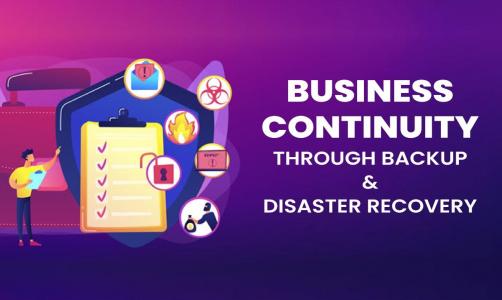01
SQL Injection
A hacker’s malicious payload makes the web application execute commands that are not intended
and lead to unauthorized data access. Our experts can help you with appropriate security
measures to resolve this.
02
Broken Authentication Access Control
Broken access control can lead to privilege escalation. Due to this, hackers gain access to
information that contains administration rights and can access user accounts, and modify the
sensitive data of their choice.
03
Cross-Site Scripting (XSS)
This method grants access to a hacker to execute scripts in the user’s browser and leads to
session hijacking, and website redirection to a malicious page. INTEGERA experts can help you
with
appropriate firewalls.
04
Data Leakage
Web applications and APIs often do not protect confidential information such as credit card
numbers, or social security numbers of users. Data leakage in any organisation leads to identity
theft, and more.
05
Session Hijacking
Session hijacking occurs when an attacker takes over an authenticated session between a user and
a web application. Once the attacker gains access to a session ID, they can access the
application as legitimate users.
06
Cross-Site Request Forgery (CSRF)
CSRF attacks usually involve the attacker sending a malicious request to the application, which
is executed with authenticated privileges. CSRF attacks can result in a range of consequences
including financial losses.

















